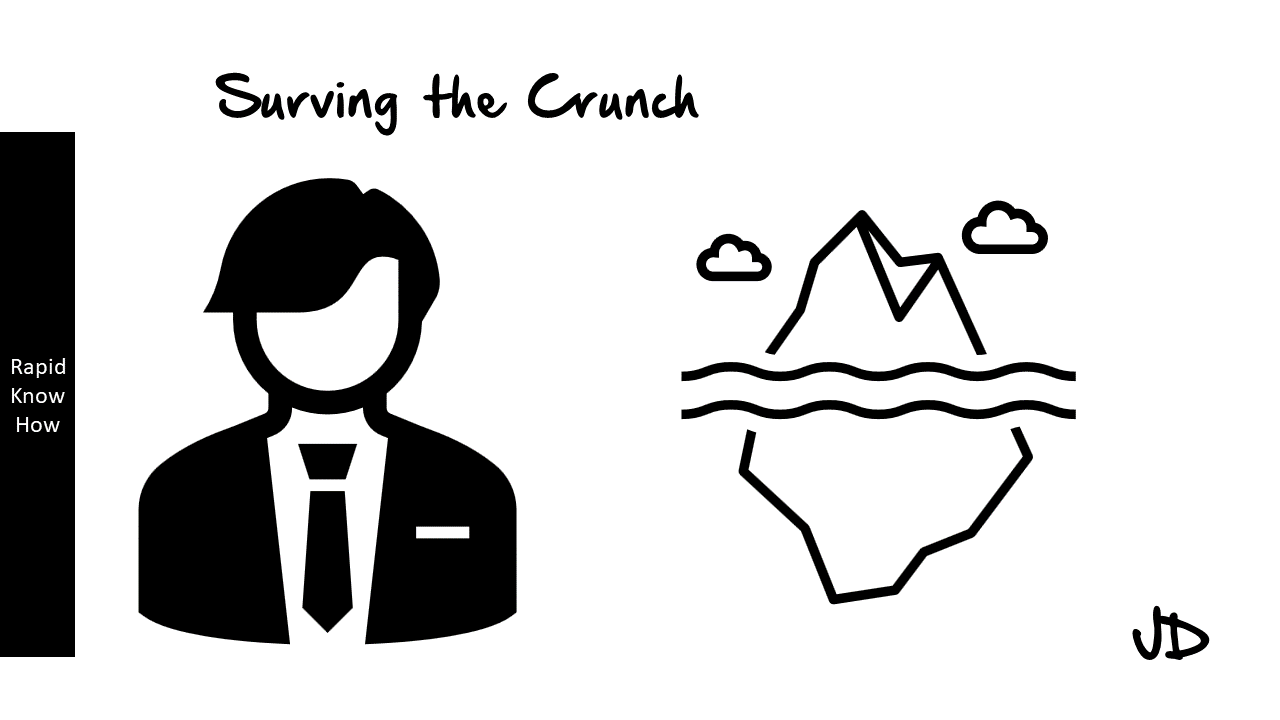Problem:
The industrial gases sector is facing a myriad of challenges in the post-Covid era. The pandemic has left a lasting impact on the industry, with rising competition, decreasing prices, increasing energy costs, increasing material costs, and increasing transportation costs all contributing to a challenging business environment.
The competition in the industrial gases sector has intensified as companies scramble to recover from the economic fallout of the pandemic. This has led to a decrease in prices as companies try to attract customers and gain market share. However, this strategy is not sustainable in the long run as it erodes profitability and can lead to a price war.
In addition to this, energy costs have been on an upward trend. This is due to various factors such as fluctuations in global oil prices and changes in energy policies. These rising costs have a direct impact on the production of industrial gases and can significantly affect the bottom line.
Material costs have also been increasing due to supply chain disruptions caused by the pandemic. This has led to an increase in the cost of raw materials used in the production of industrial gases. The increase in transportation costs further exacerbates this problem as it increases the cost of delivering products to customers.
All these factors combined have led to decreasing profitability for companies in the industrial gases sector. This is reflected in declining free cash flow, which is a key indicator of financial health. Companies are finding it harder to generate cash from their operations, which can limit their ability to invest in growth opportunities and can lead to financial distress.
Solution:
To survive this post-Covid crunch, companies need to rethink their strategies and adopt innovative business models. One such strategy is the Blue Ocean Strategy, which involves creating new market space rather than competing in an existing one. This can be achieved by identifying unmet customer needs or by offering unique products or services that differentiate your company from competitors.
Another solution is adopting the Service Provider Model which can help reduce Total Cost of Ownership (TCO). This involves providing comprehensive solutions that include not just products but also services such as maintenance and support. By doing so, companies can offer more value to customers and create a competitive advantage.
Establishing program management and business case management for innovative business models can also be beneficial. Program management involves coordinating multiple related projects to achieve strategic objectives while business case management involves assessing the feasibility and potential return on investment of new business ideas.
These strategies can help companies navigate through these challenging times by reducing costs, increasing profitability, and creating new growth opportunities. However, they require careful planning and execution as well as a commitment to innovation and continuous improvement.
In conclusion, surviving the post-Covid crunch requires companies in the industrial gases sector to adapt and innovate. By adopting strategies such as Blue Ocean Strategy, service provider model, program management, and business case management for innovative business models, they can overcome current challenges and position themselves for future success.
